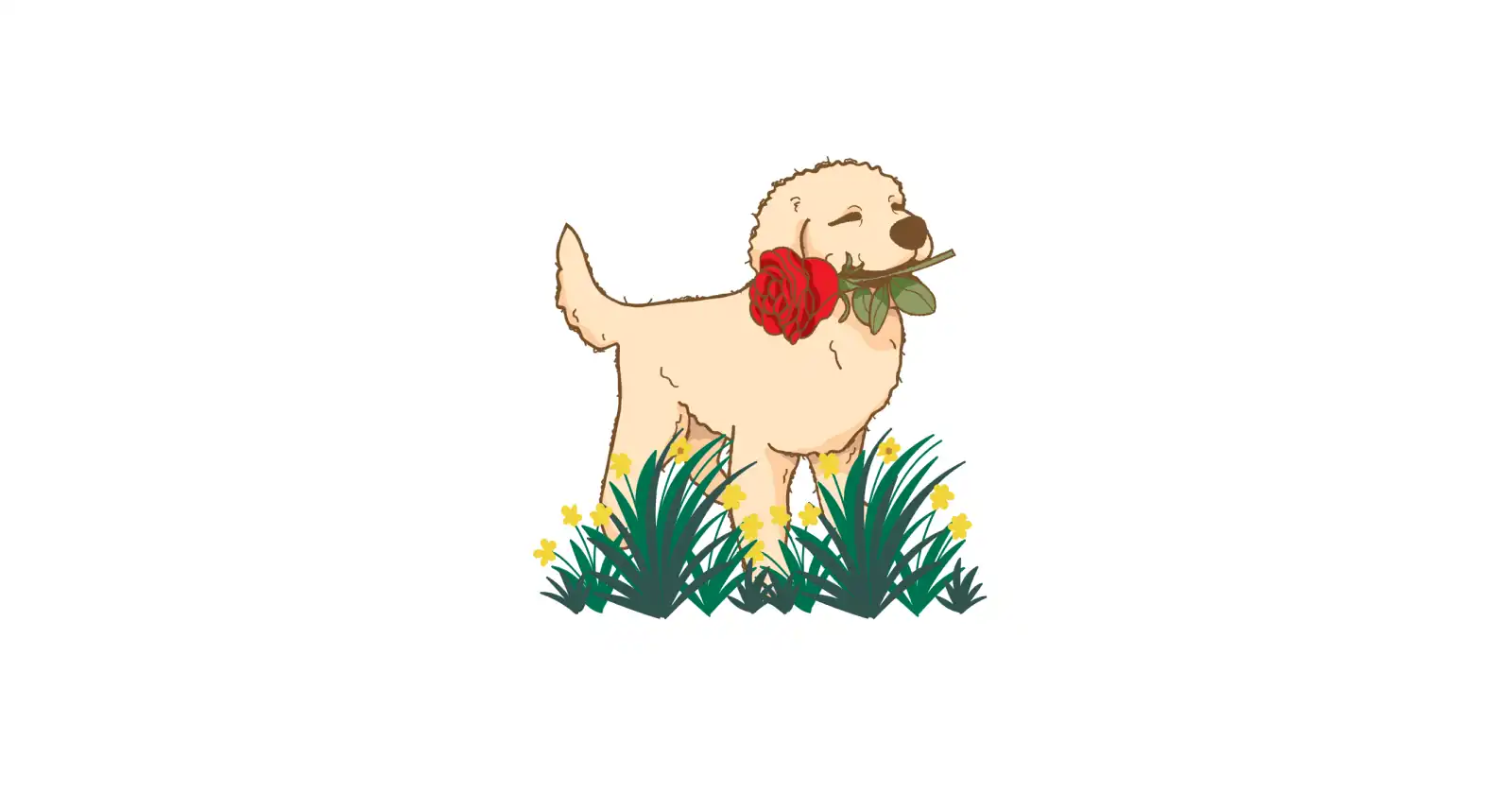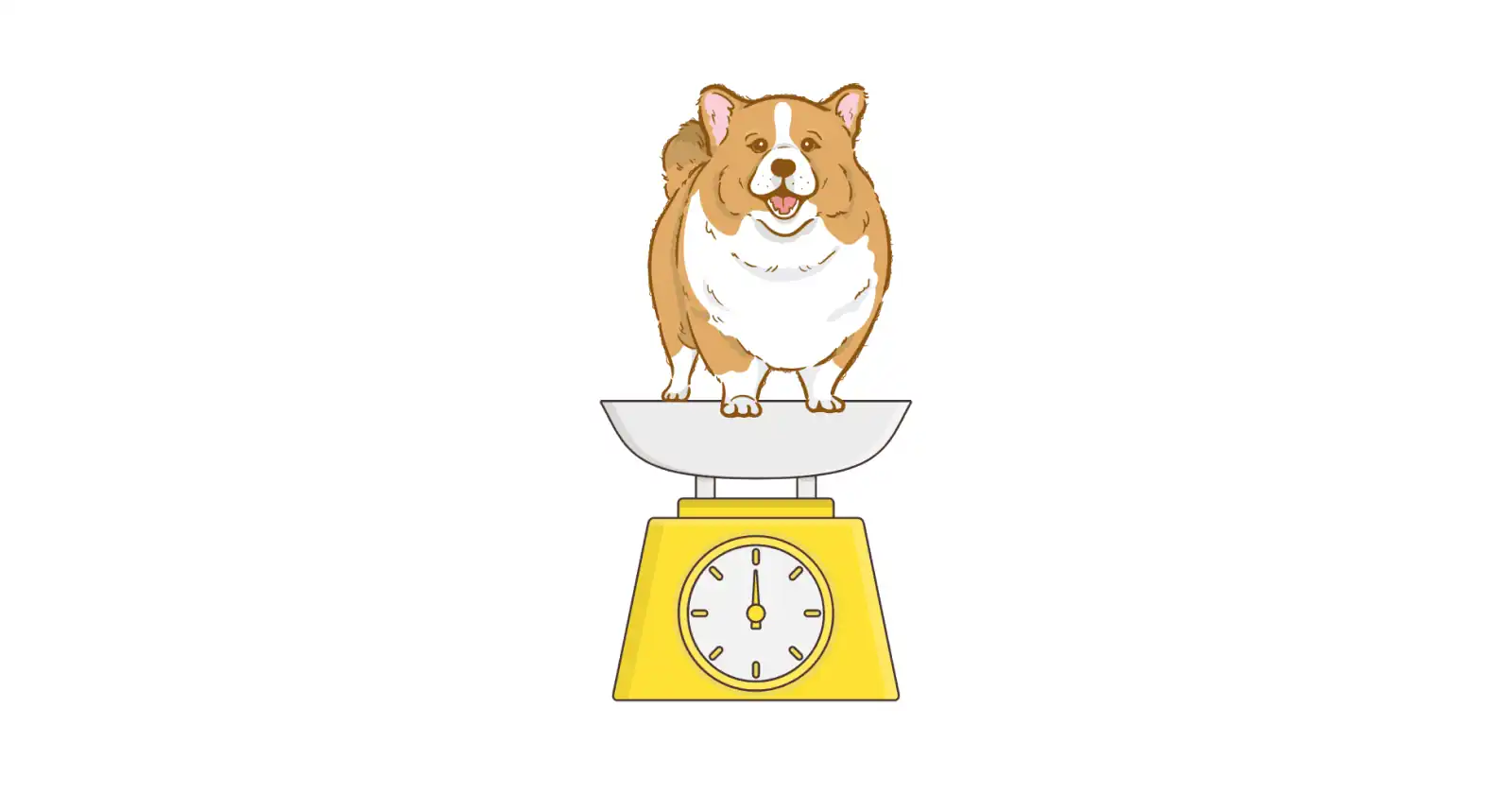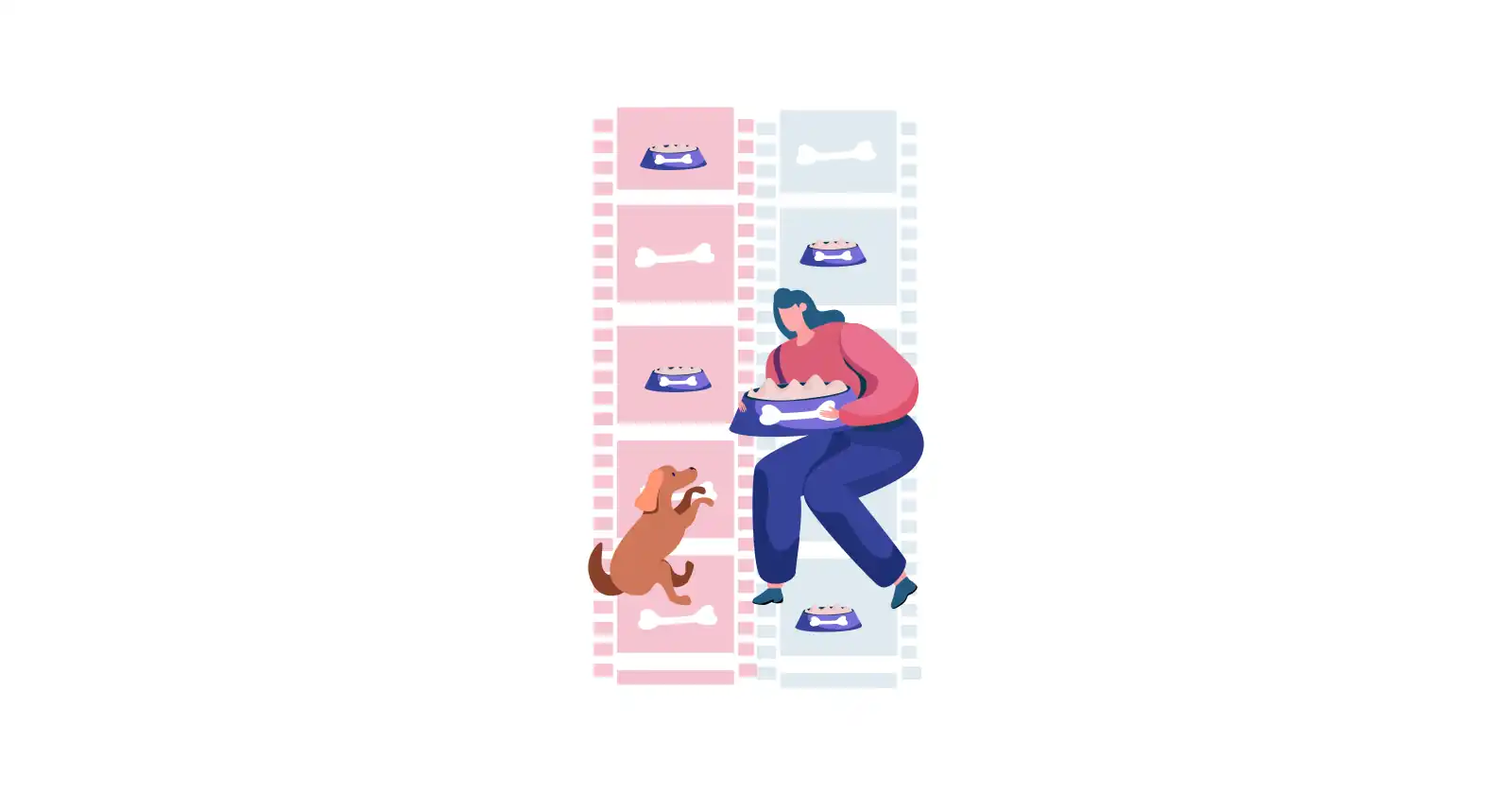Golden Retrievers - All you need to know

Table of Contents
The origin of golden retrievers goes back to the highlands of Scotland in the 1800s and owes its creation to the Dudley Marjoribanks, also known as Lord Tweedmouth, who bought "Nous," a yellow puppy, from a cobbler in Brighton in southern England in 1865 and brought it to Guisachan, his estate in Scotland, to join his kennel of sporting dogs. Breedings of Nous to Belle, a Tweed Water Spaniel (now extinct), resulted in a lot of golden retriever puppies in 1868 and 1871, laying the start of a distinct line of yellow retrievers. The golden retrievers grew on to become a line of dogs with good physique, and sporting abilities who participated in dog shows and hunting competitions.
Physique:
Healthy Male golden retrievers stand 23–24 inches tall and weigh 29–32 kg, while female golden retrievers stand between 21 and 22 inches tall and weigh between 25 to 29 kg. Golden retrievers have a double coat that is water-repellent and may either be wavy or flat. Their color ranges from golden to shades of cream and white. In short, they are your perfect fluffy cuddle buddy. There are several sorts of golden retrievers, including the American Golden Retriever, the Black Golden Retriever, the English Retriever, and others. There is little variation in height and stature between American, Canadian, and English retrievers. Moreover, American retrievers have beautiful golden coats of varied colors, whereas English retrievers have any shade of gold or cream.
Personality:
Golden retrievers are lively, playful, and easy to train, in addition to being bright, caring, and dedicated. They are usually good with children and other dogs, as well as with families. They maintain an energetic personality from childhood to adulthood.
Common behavioral problems in Golden Retrievers:
-
Mouthing: It is a common habit issue in Golden Retrievers. If your retriever puppy is not properly trained, he may often attempt to grab your clothes or chew your hand and may even bite.
-
Attention-seeking: Golden retriever puppies crave attention and will bark and grasp you for the same.
-
Hyperactivity & Anxiety: Because of their friendly, family-oriented temperament, they suffer from separation anxiety more than other breeds, and their urge to be with their pet parents can lead to unpleasant behaviors such as leash pulling, barking, and whining.
These behavioral and temperament issues can only be resolved with time and patience, but walks, fetching, running, and swimming are all excellent methods for your dog's physical exercise and keep them from being overly active Another method is obedience training for golden retrievers; which allows us to interact with our dogs and inform them of desirable behaviors. Unless a dog is trained and taught exactly what to do, it will follow its own instincts. That is why dog training is important to channel their energy and teach them the distinction between good and bad behaviors. At Kuddle, we offer at-home Golden Retriever Dog Training services by experienced and certified dog behaviorists. You can get in touch with us for our at-home dog training program details.
Furthermore, there are several puzzle toys and treat-releasing gadgets that can aid in your retriever's mental stimulation. This demonstrates the importance and need of golden retriever training.
Golden Retriever Grooming:
Golden retrievers have a thick double coat. Although they have a high shedding level, their coat length is medium, which requires bathing once in 15-20 days. The most crucial aspect of Golden Retriever grooming is brushing them twice a week. You can give your golden retriever haircut every 8-10 weeks. A steel comb, a slicker brush, and a smoothing spray are the absolute must-haves to handling your buddy's fur shedding. Using human hair equipment or products on dogs can make their coat super dry and cause discomfort. It’s best to trust professionals for dog grooming. Professional groomers ensure thorough cleaning with utmost comfort. If you don't want to deal with the bother of learning the skill and buying super expensive grooming equipment, you can use Kuddle’s at-home professional golden retriever grooming services.
Common health risks in Golden Retrievers:
Golden Retrievers are generally a healthy and immune breed, but the conditions they are the most susceptible to are mentioned below. Timely precautions and preventions will ensure they live a long and healthy life.
-
Dental disease: Dental diseases are the most common chronic condition, with retrievers being more susceptible to it. Dental disease begins with tartar buildup on the teeth and escalates to gum and root infection. It may even lead to tooth loss, kidney damage, liver, heart, and joint risk if we do not prevent or treat dental disease.
-
Ear infections: Ear infections are one of the top five medical issues for dogs across all breeds. Because of the breed traits of your golden retriever, like big, floppy ears and an inclination for water, ear infections are very common.
-
Obesity: Obesity in dogs is an unsafe condition that can develop if the diet is not balanced or there’s a lack of exercise. It can worsen joint problems and cause metabolic and digestive difficulties, back pain, and heart disease in Golden Retrievers.
-
Progressive retinal atrophy (PRA): PRA is an inherited eye disease in dogs that causes blindness. It is a non-painful disorder that advances quietly over time. More than one form of PRA affects Golden Retrievers, two of which are referred to as PRA1 and PRA2.
-
Cancer: Certain genes in golden retrievers passed on from their ancestors increase the risk of cancer. Hemangiosarcoma, lymphoma, mast cell tumor, and osteosarcoma are the four leading dangerous cancer in golden retrievers. Fortunately, advances in cancer treatment for dogs have extended the lifespan of pets with cancer by months, and in some cases years, if the cancer is detected early and the dog has no other complications.
-
Dysplasia: Hip and elbow dysplasia occur as common problems in larger dog breeds, such as golden retrievers, and have been linked to osteoarthritis, limping, and limited mobility.
Healthcare needs for golden retrievers:
Some of the healthcare needs every pet parent should follow to prevent these diseases are:
-
Brushing: Brush your dog on a daily basis to avoid matting and reduce shedding. When you do this from their puppy stage, they become accustomed to it and even are excited about it.
-
Ear cleaning: Wrap some moist cotton gauze over your finger and wipe it within your puppy's ears and ear flaps. Try cleaning the ears once or twice a week, and get the ears cleaned thoroughly by a professional groomer once a month.
-
Trimming: Although your golden retriever puppy will dread it, you should cut their nails whenever they are going close to the ground. Don't rush through trimming, or you'll end up hurting your dog. Try getting professional help from a pet groomer or vet to avoid cutting the “quick.”
-
Teeth cleaning: Use dog-friendly toothpaste and brush their teeth on a regular basis since they may lick dangerous things off the ground when walking or playing around. Chlorhexidine gels, Dental diets, and treats can also help prevent dental disorders in dogs when used in tandem with regular brushing or on their own.
-
Exercising: Make sure your pet takes a quick stroll, plays catch for at least 30 minutes twice a day, or goes for a swim if that's something they enjoy.
-
Socializing: Take your retriever to dog parks and play dates for social engagement, which aids in their general development as well. But remember, pet parks or play dates are not a good idea if you have just started with socialization. Check out our article on “How to socialize dogs” to understand the best ways, to begin with socialization.
Training Needs:
Some of the training needs for golden retrievers you must consider as paw parent are-
-
Make training fun: Games aid golden retrievers in learning quickly. Throughout each training session, keep things interesting and exciting for your dog. Instead of yelling, practice tolerance. If your pet ignores your cues, food, and play are effective motivators for golden retrievers, and you can re-engage them when training your Golden retriever by utilizing tasty training treats.
-
Start early: Training your golden retriever from the start can help you and your dog build a bond, will keep your dog (and your valuables) safe, and will make both you and your dog happier. House training, leash training, and basic commands like "sit" and "come" are all things that all pet parents will wish to teach their pets. However, by applying these simple methods, you can teach your golden retriever puppy an endless number of other behaviors.
-
To teach basic commands like ‘sit’ and ‘come’ and ‘stop,’ you can start by the method of rewarding. Rewarding good behaviors isn't limited to when you're actively training. You praise your retriever if he/she pees outside. If she or he welcomes another dog in a nice manner, encourage her or him often. Train your dog to respond to approved behaviors by using their favorite toys, sound cue, and treats.
-
Keep sessions brief, easy, and enjoyable by focusing on one skill at a time. Training should be fun for both you and your dog. Keep it quick, try breaking training, and use basic words with your pet to get the most out of it.
-
Try methods like house training and obedience training for better training results.
-
Begin leash training your dog early by taking him outdoors and on walks around the neighborhood. Then teach him to quit pulling and praise him with pats or treats when he walks alongside you without leash pulling.
-
Stop the golden retriever's leash-pulling tendency from the beginning of teaching door etiquette; when he excitedly pulls to get out, be patient and don't move until he stops fighting; then train him to walk right and reward them in the process.
Thus, to be able to fulfill these golden retriever grooming and training needs hassle-free and quickly, get in touch with Kuddle for at-home grooming and training services with guaranteed love and care.


